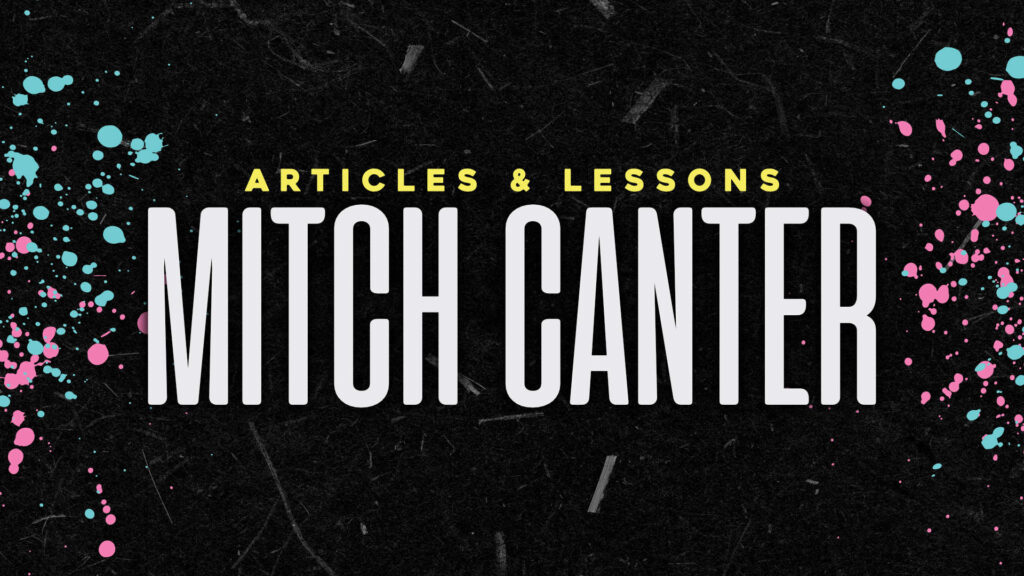If you’re in an industry that deals with people, chances are you’ve dealt with some that are easier than others. Everyone craves the client who is easy to understand, speaks in legible thoughts about the subject, and knows the difference between an honest mistake and a definitive screw-up.
Chances are, however, that may not always be the case.
Chances are that you may have to contend with clients who don’t often see eye-to-eye with you on a certain subject. A mistake happens and the client immediately jumps the gun to accuse you of ruining the project (even if the mistake is easily fixable and does not hurt anyone or the project itself). The client may say one thing and mean something completely different, but won’t say so until the project is near completion.
And, as it would have it, as human beings, we stand our ground on the matter.
That’s when I hear it, usually without fail; those five words that have been uttered since the dawn of Capitalism:
“The Customer Is Always Right”
~Harry Gordon Selfridge, 1909
That statement is false. And yet, it is also true in a sense.
The customer, for all he or she knows, is correct in what she is saying. They know exactly what the end result should be. After all, they are the client; who better to know what the client wants better than said client, yes?
What is false, however, is that the client is only correct within the scope of his or her own knowledge. A client may say one thing, but not know that it’s completely un-needed or the wrong approach, just because they don’t know any better. Not speaking the lingo or knowing the playing field doesn’t make them stupid or ridiculous – it presents an opportunity to turn a bad situation into a good one.
So, how does one deal with clients that are in need of instruction? Simply put, be the instructor. If a client questions a choice, tell them the why. Be direct, be forthcoming, and be assertive. But don’t be rude – you are teaching, not correcting. Show evidence to support your point – proof itself usually wins out the day over empty arguments.
Most of the time, if a situation has escalated to the point of contingency, sitting down, being honest and forthright, and keeping to your principals will win the day. Most of the time, once a client learns the ropes, they become a better client because you took the time to show them what’s going on instead of leaving them in the dark.
And if it doesn’t work, and the client insists on a bang-up argument, step away and step back. Let heads cool down before attempting round two. If after a few times of discussing you agree to disagree, so be it. Don’t hold any bad feelings and simply part ways – if the client is professional, and you remain professional as well, then it should be the last you hear and be over and done with.
It’s not always a perfect ending, but trying to let the conversation turn into an opportunity is much better than letting it end in a blazing fireball. And, from what I can see from past experience, a client will appreciate positive action toward a negative situation better than negative action.


